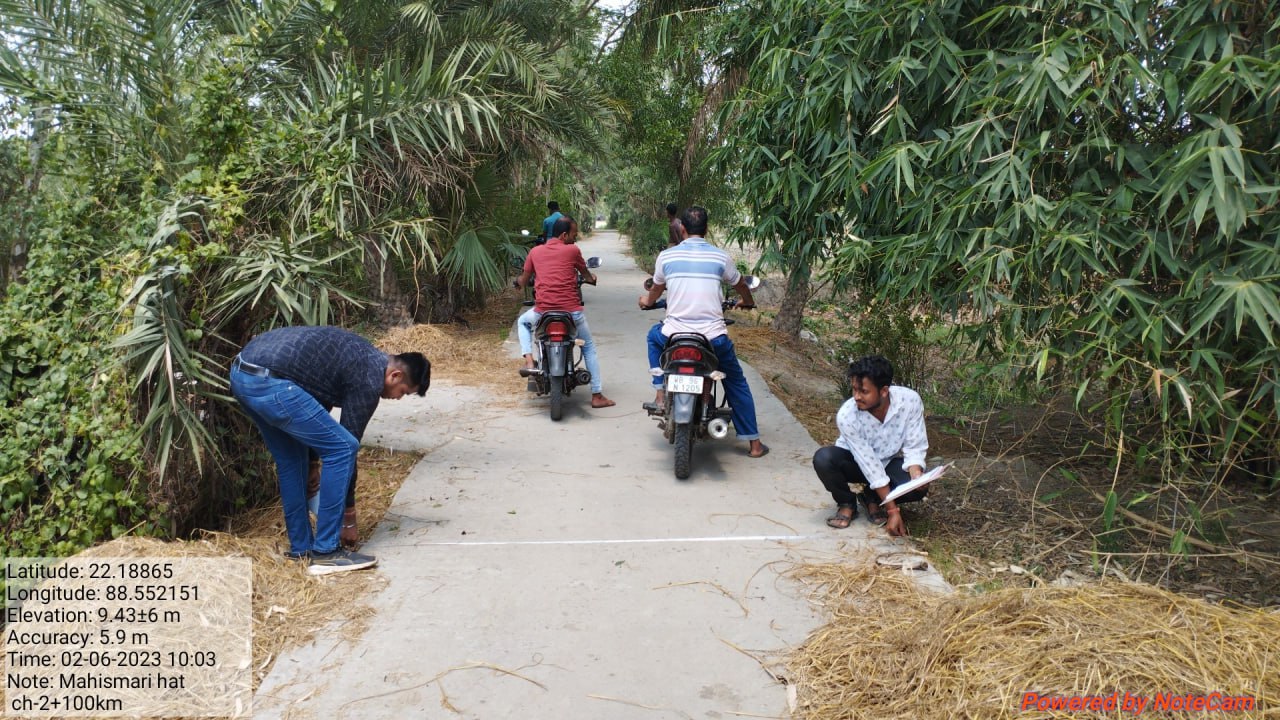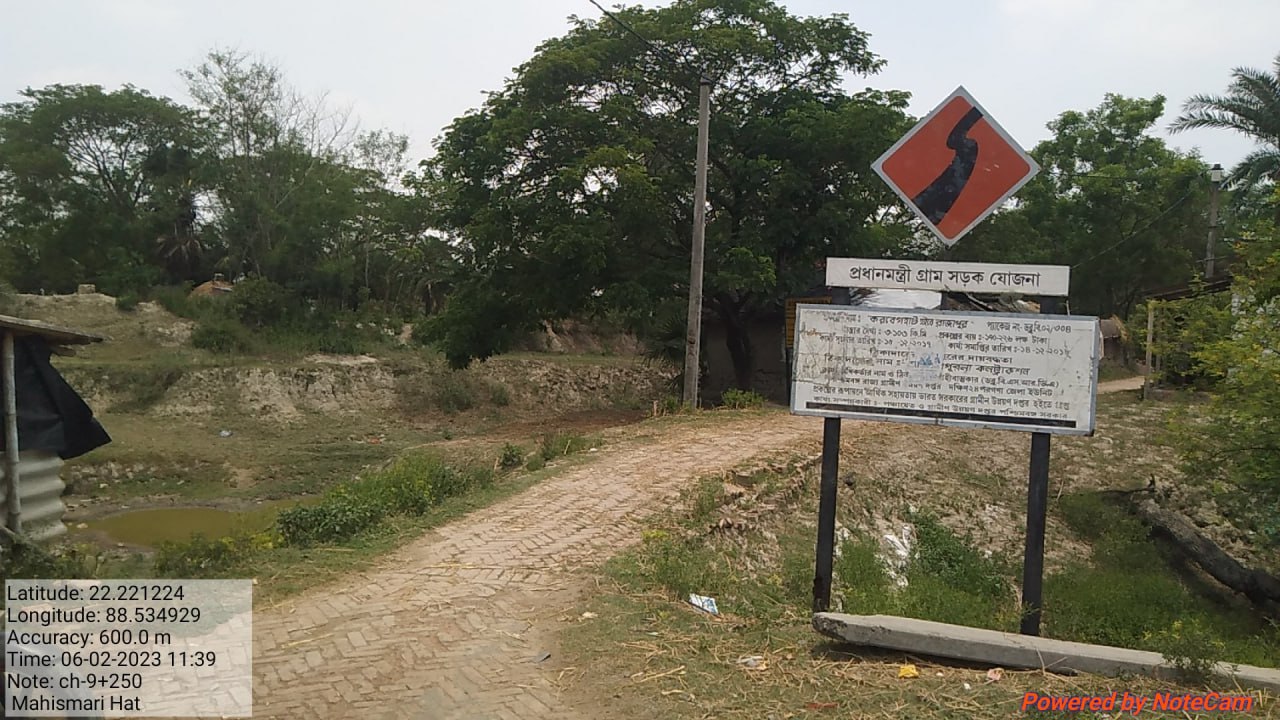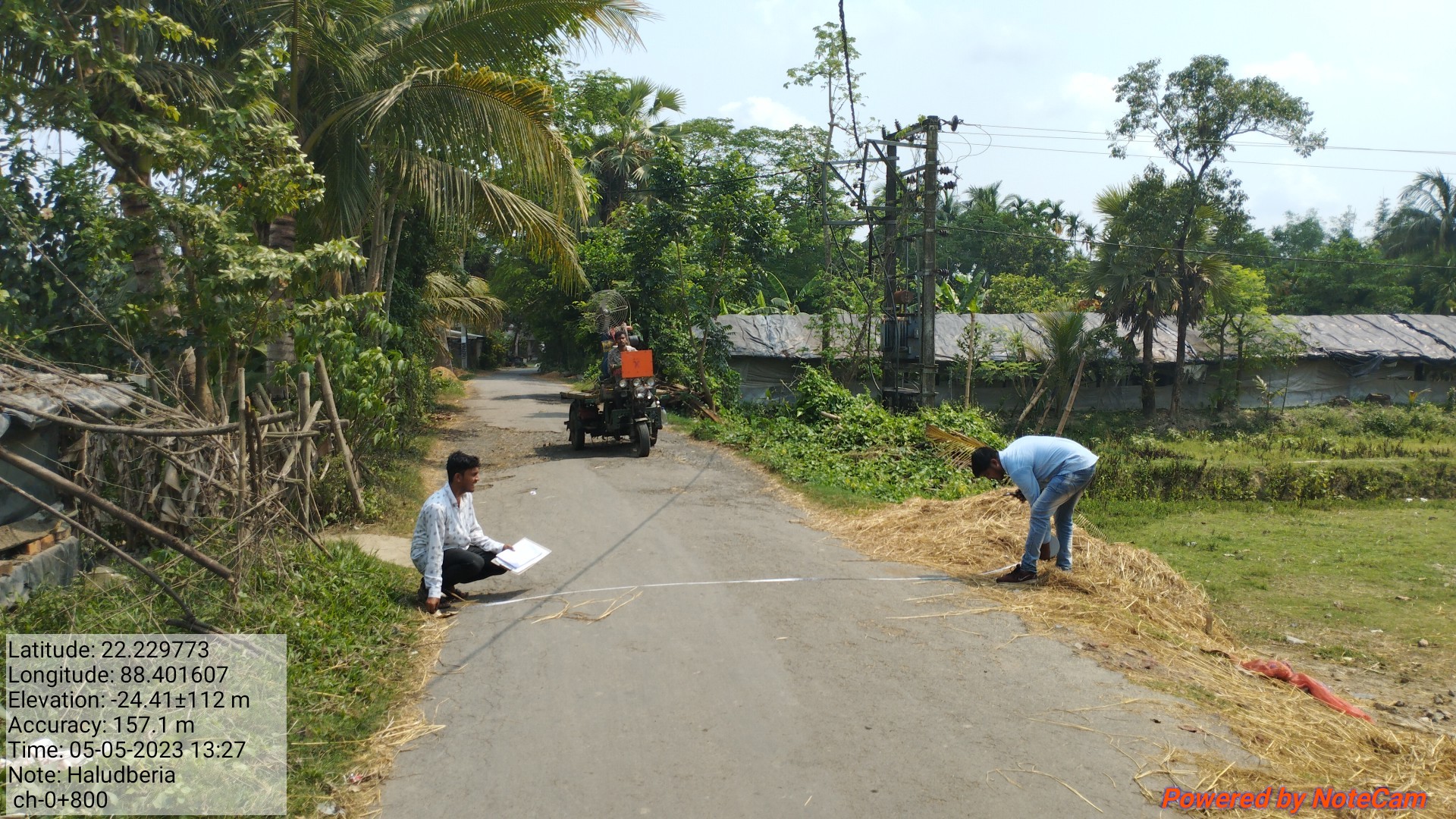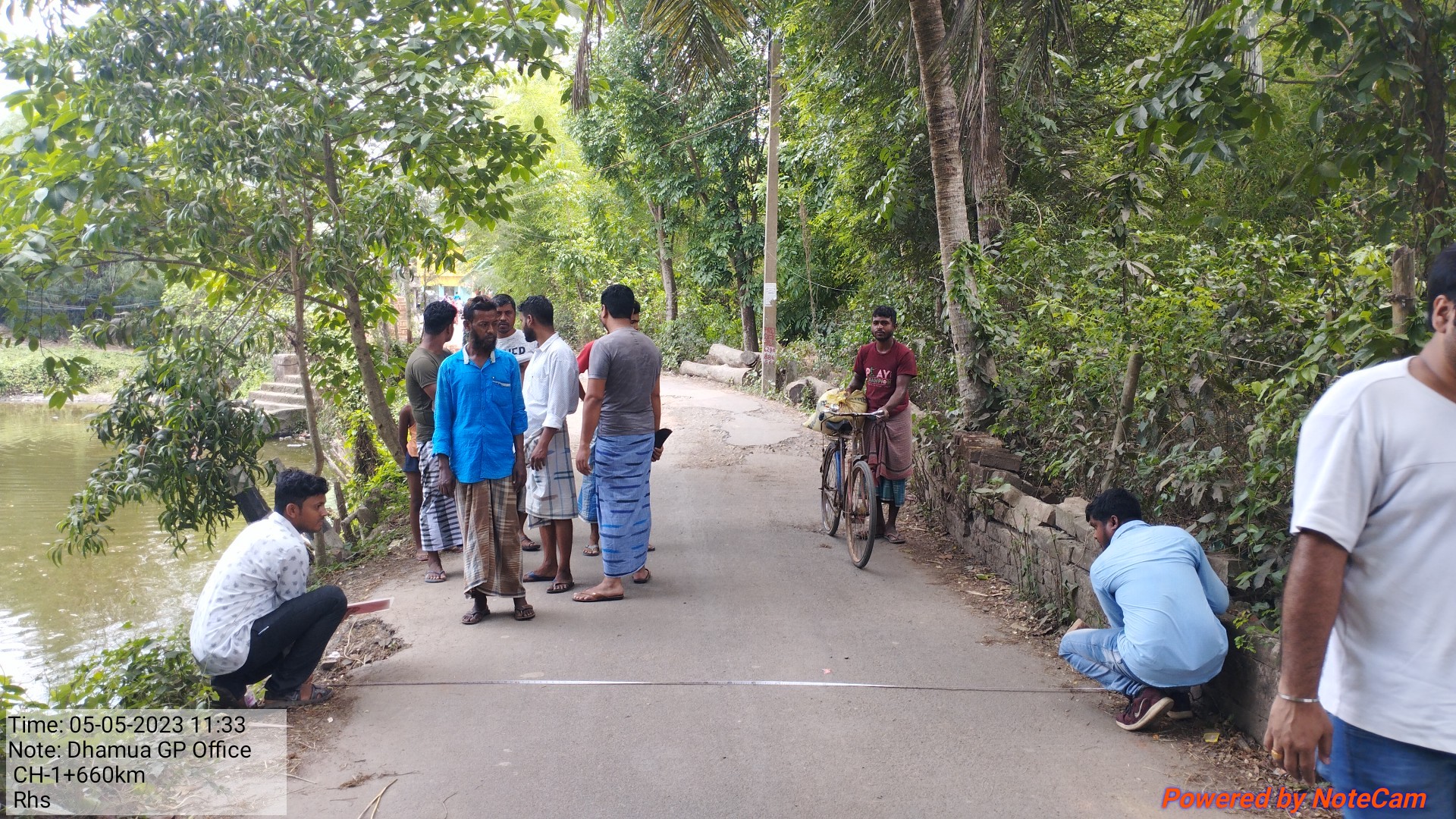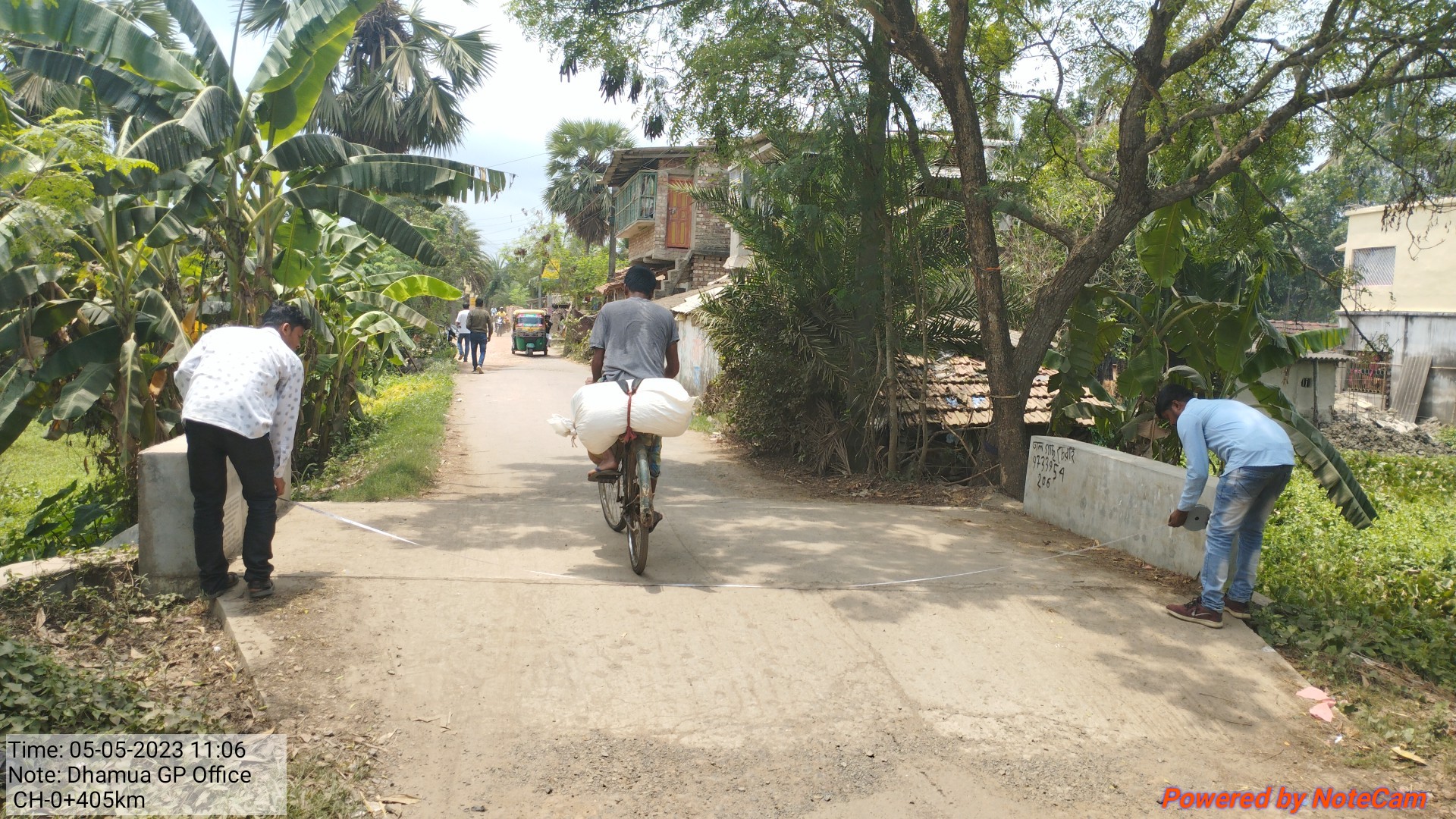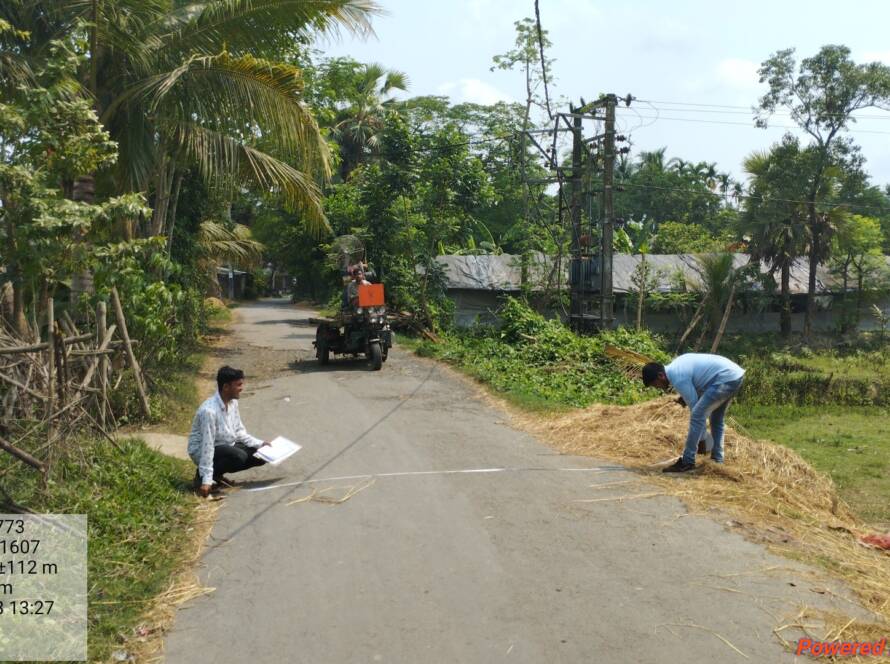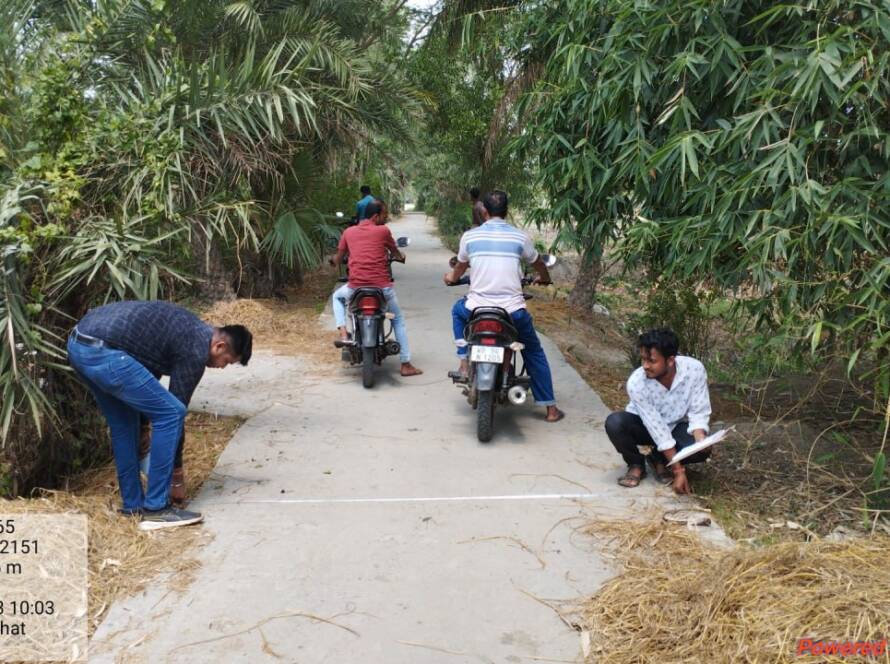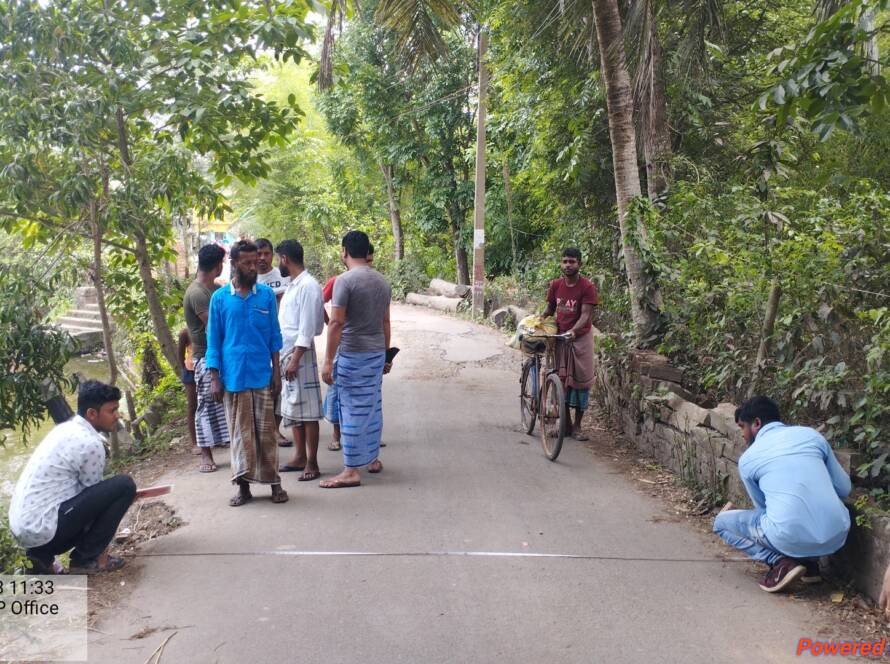What We Provide you?
There are some of the core services that we often offer to our clients. Some of them are as follows:-
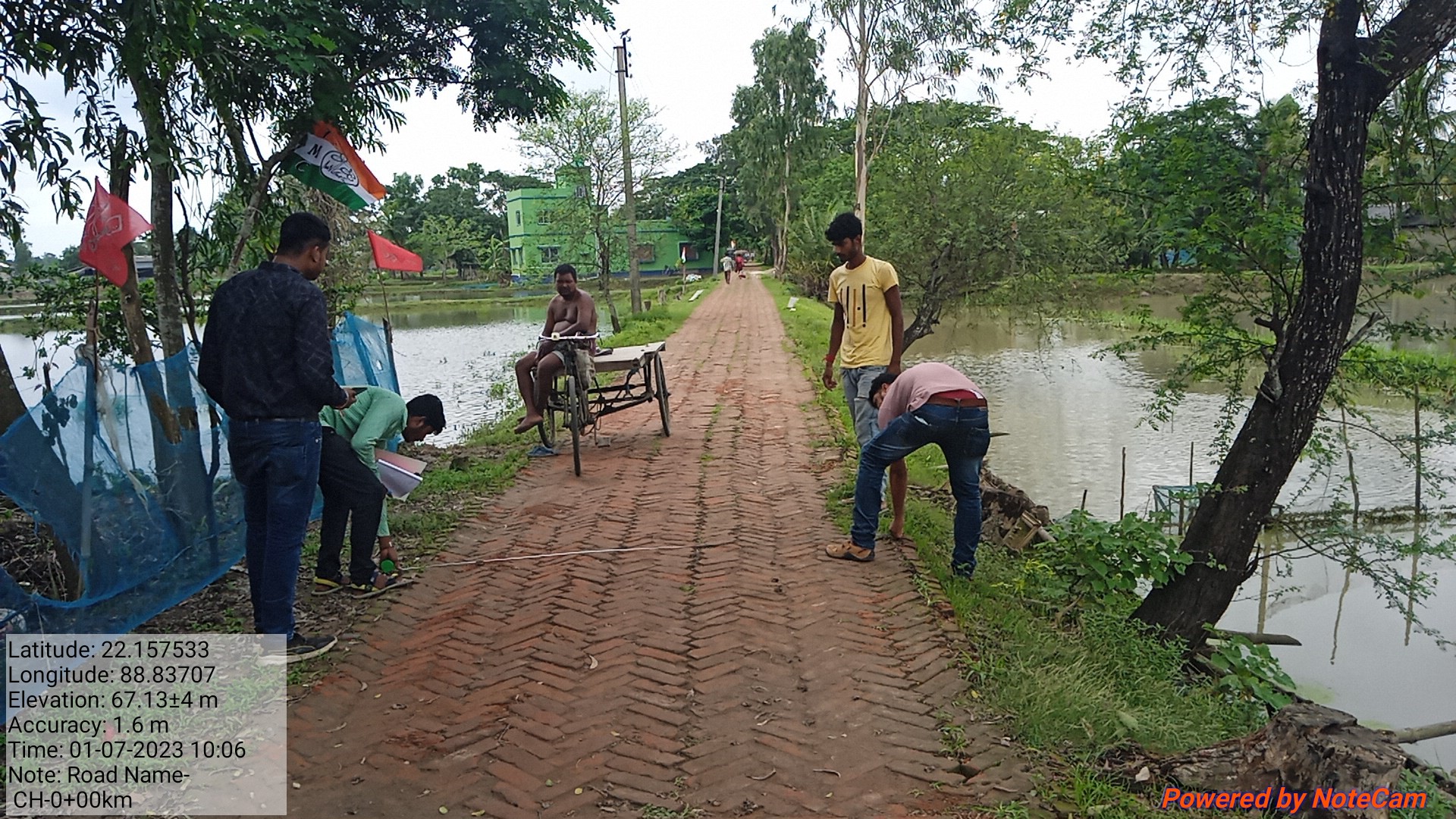
Soil Investigation Report
Geotechnical engineering services involve the application of principles of soil mechanics and rock mechanics to assess and understand the behavior of the Earth materials (soil and rock) and their interaction with structures. Geotechnical engineers provide critical information and recommendations for the design and construction of infrastructure projects, ensuring their safety, stability, and long-term performance.
A Soil Investigation Report is a comprehensive document prepared by geotechnical engineers and professionals after conducting a thorough study and analysis of the soil and subsurface conditions at a specific site. A soil investigation report provides detailed information about the soil’s physical and engineering properties, groundwater conditions, and other relevant factors. This information is crucial for making informed decisions in designing and constructing structures such as buildings, bridges, roads, and foundations.
Benefits Of Geotechnical Engineering
There are several benefits of geotechnical engineering. You must consider some of the crucial benefits that can matter the most from your end. Some of the key benefits of it are as follows:-
Foundation Design
Geotechnical engineering helps design foundations tailored to a site's specific soil conditions. By understanding the load-bearing capacity and settlement characteristics of the soil, engineers can design foundations that provide optimal support for structures, preventing settlement issues.
Risk Mitigation
Identifying and mitigating potential geotechnical risks. Geotechnical investigations assess factors such as slope stability, seismic vulnerability, and soil erosion, allowing engineers to implement measures to mitigate risks and enhance the safety of structures.
Optimized Construction techniques
Geotechnical engineering informs the selection of construction techniques. Understanding soil conditions helps in choosing appropriate construction methods, such as excavation, shoring, or ground improvement techniques, leading to more efficient and cost-effective construction.
Slope Stability Analysis
Evaluating and mitigating slope stability issues. Geotechnical engineers assess the stability of natural and man-made slopes, providing recommendations to prevent landslides or slope failures, which is crucial for infrastructure safety.
Earthquake Engineering
Incorporating seismic considerations into the design. Geotechnical investigations assess the site's seismic vulnerability, allowing engineers to design structures that can withstand earthquake forces and minimize damage.
Pavement Design
Optimizing pavement designs for roads and airports. Geotechnical engineering considers subgrade characteristics, traffic loads, and environmental conditions to design pavements that meet performance requirements and have a longer lifespan.
Ground Water Management
Assessing and managing groundwater conditions. Understanding groundwater levels and flow helps in designing effective drainage systems, and preventing water-related issues such as soil erosion, swelling, or instability.
How Geotechnical Engineering Works?
There are several effective ways geotechnical engineering works. You must be well aware of it before seeking its services.
Site Investigation
The process begins with a thorough site investigation to understand the subsurface conditions. This involves methods such as boreholes, test pits, and geophysical surveys. Soil and rock samples are collected to analyze their physical and engineering properties.
Laboratory Testing
Soil and rock samples obtained during the site investigation are subjected to laboratory testing. Common tests include grain size analysis, Atterberg limits, moisture content, consolidation, shear strength, and others. Laboratory results provide data on the mechanical and hydraulic properties of the soil.
Data Analysis
Geotechnical engineers analyze the data from site investigations and laboratory tests to characterize the soil profile and understand its engineering behavior. They identify soil types, layer thicknesses, groundwater conditions, and other relevant parameters.
Foundation Designs
Geotechnical engineers use the data to design foundations that can safely support the proposed structures. The design considers factors such as bearing capacity, settlement, and the distribution of loads to prevent foundation failure.
Slope Stability Analysis
For projects involving slopes, geotechnical engineers assess the stability of natural and man-made slopes. Slope stability analysis helps identify potential risks of landslides or slope failures and provides recommendations for stabilization measures.
Earthquake Engineering
Geotechnical engineering plays a crucial role in assessing a site's seismic vulnerability. Engineers design structures and foundations to withstand earthquake forces, considering factors like liquefaction potential and ground shaking.
our work
The National Standard We Are Proficient of






